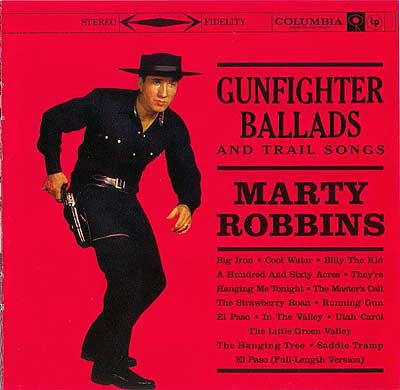My son had never seen Star Wars.
Oh, he’d seen cartoon spinoffs from the second trilogy, and played with the Lego sets. Those never really impressed him. And is it any wonder? The movies most are familiar with today, which all that spun off from, are utterly forgettable.
I’m referring to the first one—Episode IV: A New Hope. The movie that pimp-slapped all the arrogant marketing “experts” who thought they knew what would and wouldn’t sell. They all thought it would be a laughable flop. Everyone just knew that even straight science fiction didn’t sell anymore by 1977. But moviegoing audiences didn’t realize they weren’t supposed to like it, and went back to see it multiple times, keeping it held over in theaters for umpteen weeks in a row. In constant dollars there’s probably never been a movie that’s done as well at the box office. And on the clout of that one movie, George Lucas can get away with foisting all kinds of lackluster cinematic drivel on us for the rest of his life.
As I suspected he would, my son loved it. His favorite character? R2D2.
What I couldn’t help noticing this time (my first viewing of it probably since the revamped Greedo-shoots-first version in the 1990s, but perhaps my 15th viewing overall) is what a solid bit of acting the principals put in.
There are some exceptions (“You know of the rebellion against the Empire?????”), but overall it’s rather impressive. Why? Well, for one thing, they had to sell some dialog that’s rather difficult to make sound natural. And secondly…
 Well, by today’s standards the special effects are dated and hokey (at least on the small screen), saved only by some rather desperate editing. But the actors didn’t even have that. Now granted, a regular person doing what actors normally have to do would feel stupid doing it. Multiply that a few times over for these guys who had to perform scenes almost in a vacuum, sure that whatever effects were put in afterwards would be of the cheesey Roger Korman variety.
Well, by today’s standards the special effects are dated and hokey (at least on the small screen), saved only by some rather desperate editing. But the actors didn’t even have that. Now granted, a regular person doing what actors normally have to do would feel stupid doing it. Multiply that a few times over for these guys who had to perform scenes almost in a vacuum, sure that whatever effects were put in afterwards would be of the cheesey Roger Korman variety.
In interviews later, the actors admitted they feared exactly what the studio execs did: that this would be a colossal joke, sharing the infamy of Plan Nine From Outer Space and other such dreck. But they put their hearts into it anyway and it couldn’t have succeeded without them.






 ial gravity everywhere in the Ark, too–even the sections not spinning. The ace mechanic (a woman, of course) manages to fix heavy machinery on a regular basis without even getting her hands dirty, and while maintaining a perfect manicure. Because booty. (That’s right, this actress, though typically skinny, has the nicest rump you may see on TV, and she’s also smokin’ hot above the shoulders. But you’ll only get treated to the full package when she’s first introduced.)
ial gravity everywhere in the Ark, too–even the sections not spinning. The ace mechanic (a woman, of course) manages to fix heavy machinery on a regular basis without even getting her hands dirty, and while maintaining a perfect manicure. Because booty. (That’s right, this actress, though typically skinny, has the nicest rump you may see on TV, and she’s also smokin’ hot above the shoulders. But you’ll only get treated to the full package when she’s first introduced.)

